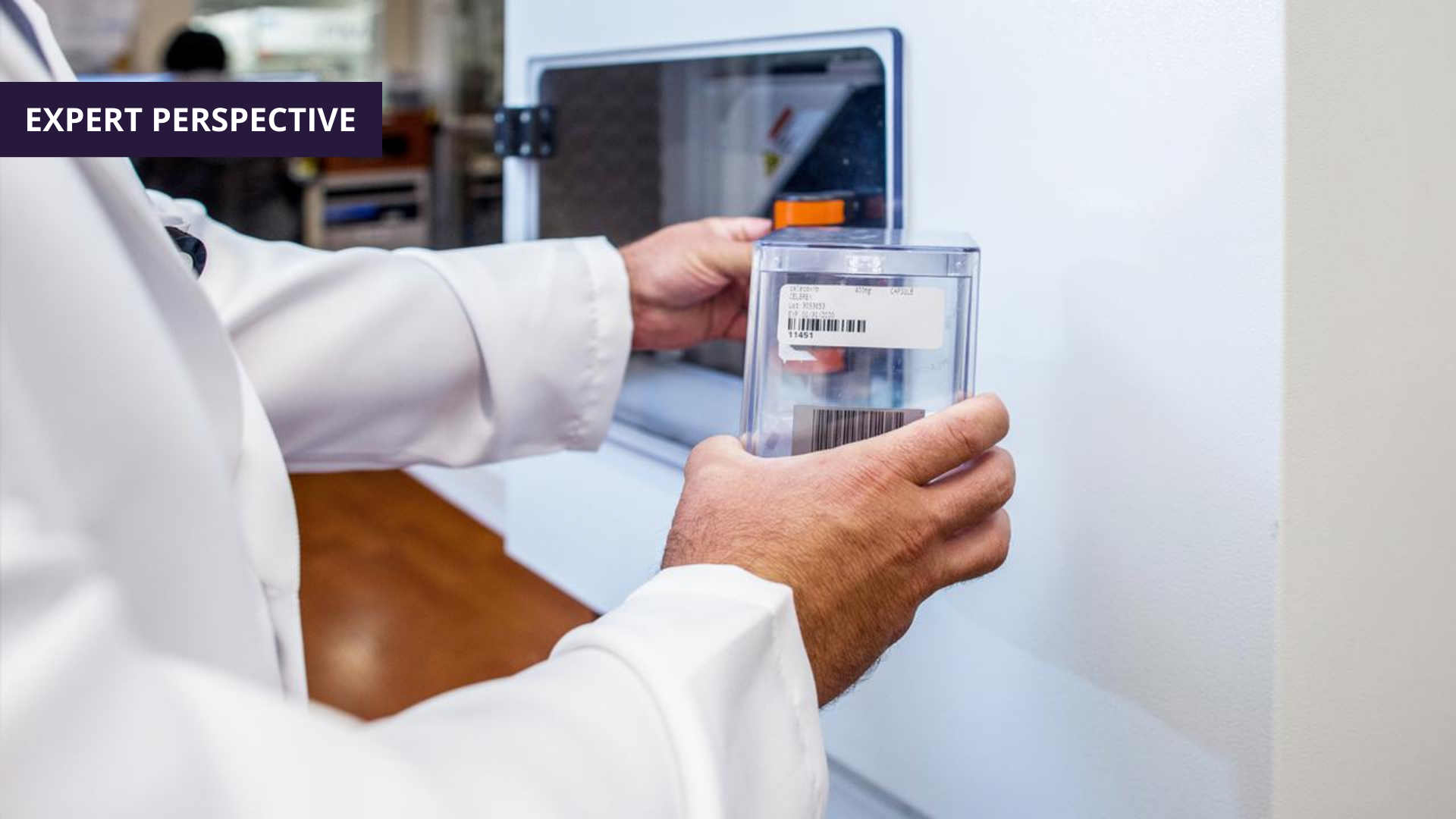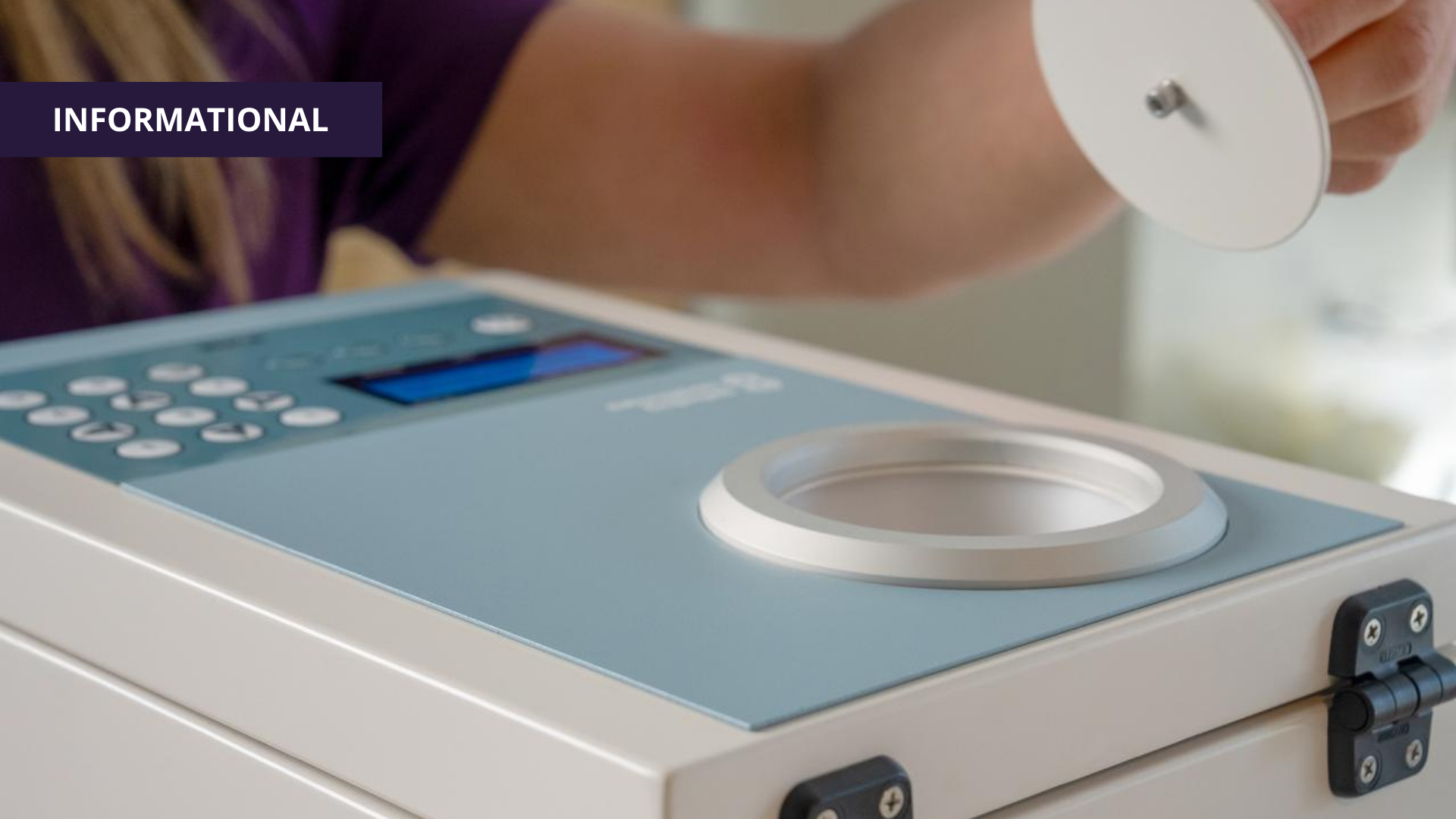The Impact of Automation on Pharmacists & Why They Won't Be Replaced

Pharmacy Automation Technology Is Advancing
By its nature, automation has always served as a disruptor of an organization’s manual processes. Recent decades have seen innovative technologies such as robotics gradually replacing the human assembly lines of auto and other factory workers. Today, many workers at all levels in all industries regard tools like AI as a potential replacement of their own hard-earned skills.
Concern of being displaced by technology can also be found in hospitals as they continue to automate their pharmacies. As with other automation technologies, many include robotics and AI enriched software.
Will Robots And AI Replace Hospital Pharmacists And Technicians?
Watching a robotic arm retrieve a single pill, package it, label it, and drop it in a retrieval drawer is impressive to observe. As exciting as this technology is, however, it is understandable that it can be unsettling to many hospital pharmacists and pharmacy technicians fearing that in the not-too-distant future, they will begin replacing them.
This is especially true with the influx of systems and software using AI. Many healthcare workers worry about machines that can make decisions and perform tasks more quickly than they can and the potential for this to lead to layoffs. However many experts believe that they are misreading the potential of AI to augment their work, not necessarily replace it.
There are many benefits to automating certain tasks that employees may first need to experience to appreciate the value they add.
One Of The Benefits Of Hospital Pharmacy Automation Is That It Solves Some Major Issues
Pharmacists are beginning to recognize that one of the benefits of hospital pharmacy automation is that it solves many of the issues that have become increasingly challenging in recent years, especially since the pandemic.
One area that can benefit from automation is to help augment the growing shortage of hospital pharmacists. Becker’s Hospital Review reported a survey polling nearly 1,500 hospital pharmacy executives, conducted by the American Society of Health System Pharmacists revealed a serious concern over pharmacy staffing.
Here Are A Few Key Results:
- Over 60% of hospitals are short on front-line pharmacists.
- Almost 3 out of 4 respondents do not have sufficient entry-level pharmacy technicians.
- 57% reported shortages of candidates for manager positions.
This environment is ripe for automation. It isn’t difficult to see how implementing technologies that replace some of the more tedious, time-consuming tasks can take an enormous burden off of the pharmacy staff.
Here Are Some Of The Key Benefits That Should Matter To Pharmacists:
- Time savings. The manual process of organizing, sorting, packaging, and storing medications can take up to 55% of pharmacy staff time. A study cited in the National Library of Medicine reported that pharmacies using robotics saved pharmacists over 46 minutes per 100 prescription fills.
- Fewer medications errors. The process of manual medications management is stressful in that hospital pharmacists must work towards 100% accuracy using a time-consuming, tedious and error-prone set of processes. Automating these processes reduces those errors.
- Increased efficiency. Automating the process of medications management improves efficiency across the board. Medications are ordered and stocked to avoid shortages. The accuracy of each unit dose is optimized and is packaged to minimize waste. Automation takes a burden off the shoulders of the pharmacy team and helps reduce the stress associated with these tasks and potential human error.

Automation Can Enable Hospital Pharmacists To Pursue A Larger Role In Patient Care
It is important for hospital leadership to embrace a pharmacy automation strategy that includes key stakeholders. Working closely with the pharmacists and technicians during all stages will help to optimize the implementation of new technologies. It will also give them a better understanding of where they fit in the process and the positive impact it can have on their daily workload.
A report from Deloitte on The Future of Pharmacy forecasts opportunities for an expanded role for the pharmacist moving beyond the tedious processes of counting and packaging pills towards higher involvement in patient care. Automation can help enable this transition.
An Article In The Pharmacy Times Cites Razan El Melik, Clinician Pharmacogenomics Pharmacist At The Mayo Clinic
“Specifically, it's crucial to keep up with artificial intelligence and technology. I do believe there is going to be big disruption—probably by 2030—so as pharmacists, we need to be more proactive to understand what's changing. We have a lot of opportunities when it comes to telemedicine innovations in the electronic health record. By being proactive and understanding more about these technologies, we will be able to provide the best care to our patients as well as changing health care landscape.”
Without Question Pharmacy Automation Is Badly Needed To Address The Many Challenges Faced By Today’s Hospitals
However, it will never replace those pharmacists who embrace emerging technologies and make the decision to use them as tools to elevate their contributions to a new era of healthcare.








